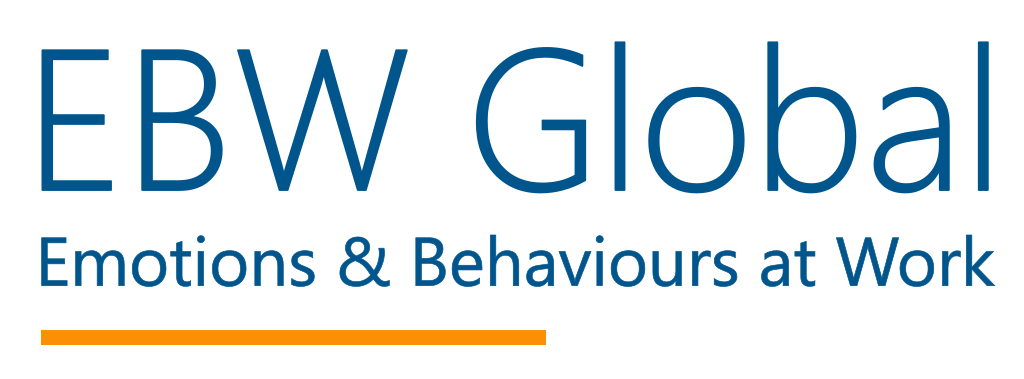What stops you having impact and influence?
There is a quote by Robin S Sharma which I love:
“Leadership is not about a title or a designation. It's about impact, influence and inspiration. Impact involves getting results, influence is about spreading the passion you have for your work, and you have to inspire team-mates and customers.”
Like a lot of things in life having influence and impact is easier to describe than to do. Having impact, influence and being inspirational is as much about the delivery of your message as the content.
People very quickly pick up your emotional and verbal cues which unintentionality can suggest you are not as confident, passionate and self-assured in your views as you are.
If you can project gravitas, if you can sound calm and self assured, your team, your clients, the people you work with will implicitly trust you more. They will be inspired, they will be influenced by your passion and message.
One of the simplest ways of developing impact and influence is avoiding these 6 credibility-harming statements:
1) “If you could give me a call back, I’d really appreciate it.”
This phrase changes the dynamic of the final part of your conversation. It does not matter how brilliant your message has been, how passionate you have been, how influential, this phrase changes the whole tone of your conversation.
By expressing appreciation for the other person’s time, you are subtly sending the wrong message. It can make you sound desperate and unequal.
Remember if you are giving your expertise and advice for their time. It is a win win for both parties.
2) “Would you mind doing X?”
Confident people don’t ask if people would “mind” doing anything. It suggests that you not sure if they will. Confident people assume if people don’t want to do something they will tell you. This phrase oozes self-doubt.
You can still request the information but don’t assume they may object.
“I will email you a few ideas for you to consider before our next meeting. If you let me know your thoughts I will adapt the agenda to reflect your response.”
3) “Thanks again for speaking to me [yesterday, on X day, last week].”
This is the statement that I struggle with because for me it is about being polite. However, it starts the conversation by suggesting that the people are not equal. You are telling the person that they are doing you a favour by speaking to you.
As most business conversations are a two-way process where people ask questions, make helpful suggestions and take a consultative approach, both parties should be gaining as much from the conversation as each other.
A more influential approach could be. "We have had a productive conversation today and I thought it would be helpful to summarise what we discussed… "
4) “Does that make sense?”
When conversations are technical, complicated or detailed, many people use this question to check that people understand the nuances of the conversation.
However, this question can have negative connotations. It suggests:
The person asking the questions is not explaining things clearly
The person asking the questions thinks the person is not very bright
The person asking the questions is not confident in their content
It is also puts the person who is being asked the questions in an embarrassing position. Do they admit they don’t understand or do they pretend they do when they don't?
A more confident approach is to ask “What do you think about…”
5) “I know you’re busy, so I will keep this short… ”
Again, this is another statement that changes the dynamics of the relationship by suggesting you are not busy or the other person's time is more important that yours.
This lowers your authority with the person you are talking to. If the person was not busy would you be willing to waste their time?
A simple change to this statement puts the conversation on an equal footing – "I know we are both busy, so......"
6) “Is now still a good time?”
Again, this question seems like you are being polite but the message it sends is you are not confident. Your time is equally as valuable to you as it is to the person you are talking to. If you have a meeting booked, checking for a second or even a third time communicates a lack of self confidence.
If you have not booked a meeting, then you are providing the perfect excuse for the person to stop the conversation.
People with confidence tend to assume if it is not convenient for people to talk they will tell you and therefore they move the conversation straight to rapport building.
The key to having impact and influence is using your Business EQ but you can start today by eliminating these six statements from your repertoire, you’ll sound more confident, trustworthy be more influential and have more impact.
Discover How Business Emotional Intelligence Transforms Leaders and Teams
If you would you like your leaders and teams to improve their influence and the way they work together, click a button below to see how investing in Business Emotional Intelligence can make a difference or find an EBW Certified Partner to help you.

